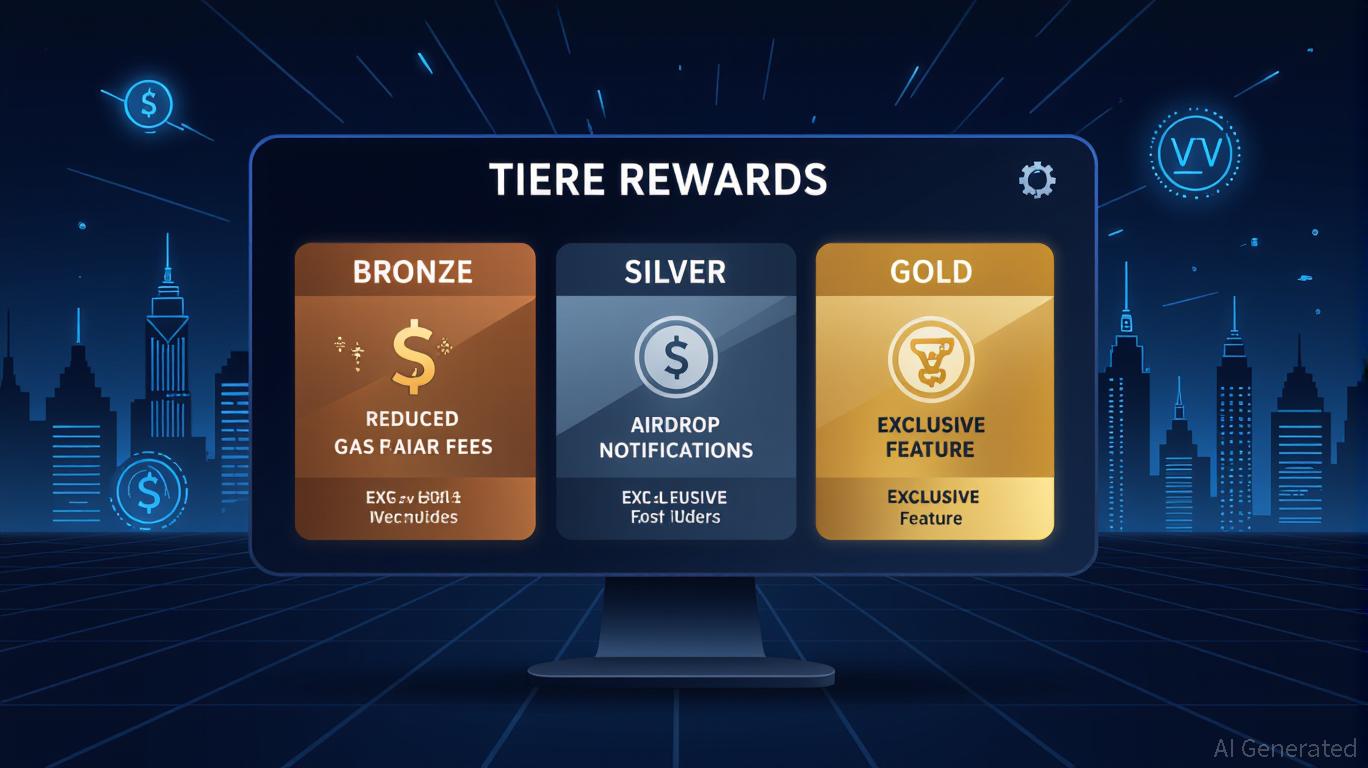Zero Knowledge Proof’s Pods Use 99% Less Power Than Bitcoin Miners – Whitelist Open Now
The energy debate around crypto mining has grown louder in recent years. Proof-of-Work (PoW) systems, once hailed for securing early blockchain networks, are now frequently criticized for their excessive electricity use. Bitcoin mining alone consumes more energy than some countries, pushing regulators, environmental groups, and even institutional investors to rethink the long-term sustainability of such models.
Points Cover In This Article:
ToggleIn this context, Zero Knowledge Proof (ZKP) introduces a redesigned system that not only reduces power consumption but also replaces wasted effort with useful, verifiable AI computation. ZK Proof Pods represent a shift in how energy is spent across blockchain networks, converting electricity into measurable intelligence, not arbitrary hash solving.
This model doesn’t just clean up crypto mining, it adds purpose. Proof Pods run encrypted AI tasks and generate cryptographic proofs of real work, all while consuming less than 0.05 kilowatt-hours per hour. That makes ZKP not only a utility-focused project but also one of the most environmentally responsible designs in development today. With infrastructure ready on Day 1 and devices pre-funded for immediate delivery, ZKP positions itself as a project aiming to bridge efficiency with function.
The Energy Problem With Proof-of-Work
PoW has long been associated with decentralization and security, but its architecture rewards energy consumption for the sake of computational difficulty, not utility. Miners solve puzzles with no real-world value, consuming thousands of kilowatt-hours daily in pursuit of block rewards. A single Bitcoin mining rig can draw over 2,000 watts, and industrial-scale farms often operate at megawatt levels. The carbon footprint is massive, and the output is pure financial incentive, not actual computational progress.
As these issues become harder to ignore, several countries have started pushing back with taxes, restrictions, or outright bans on PoW mining. Even within the crypto community, alternative consensus systems like Proof-of-Stake (PoS) have gained traction due to their lighter energy requirements. But PoS still revolves around capital locking, not productive work.
ZKP’s Proof Pods offer a new direction: keep the idea of distributed validation but replace brute-force waste with something useful.
ZKP’s Proof Pods: Verifiable Compute With a Fraction of the Energy
ZKP’s Proof Pods consume less than 0.05 kWh/hour, equivalent to running a light bulb or charging a phone. Yet they validate work that’s actually meaningful. Instead of solving puzzles, each Proof Pod performs AI-related computations, such as model validation or inference, all inside a privacy-preserving environment. The results are converted into zero-knowledge proofs and submitted to the blockchain for verification.
This system keeps decentralization intact while turning the hardware layer into something intelligent. And because every computation is linked to a real task, the Proof Pod is more than just an energy-saving tool, it’s a new category of crypto miner. It generates provable value with minimal power use.
Rewards are distributed based on daily performance, indexed to ZKP’s Initial Coin Auction (ICA) price. Unlike PoW networks, where energy arms races determine payouts, Proof Pods reward based on output and verification. This means participants aren’t competing on electricity, they’re contributing to a growing pool of usable AI work.
Eco Mining Without the Tradeoffs
Zero Knowledge Proof (ZKP) doesn’t ask users to choose between decentralization, earnings, and sustainability. It offers all three. The project’s infrastructure is already built, with $17 million invested in Proof Pod inventory to ensure rapid delivery once launched. This removes the delay between joining a network and receiving rewards, something many green crypto projects struggle to solve.
The Proof Pods are part of a larger four-layer blockchain framework designed for privacy-first AI tasks, verifiable storage, and on-chain validation. That structure is supported by real-time dashboards where users can track their pod’s performance and earnings. All of it goes live on Day 1. There’s no roadmap delay or “coming soon” messaging. What sets ZKP apart is that the work is already done, and the system is ready to activate.
For those looking at top crypto projects with long-term utility, Proof Pods offer a way to participate in crypto mining without contributing to power grid strain or environmental backlash. They redefine mining as a service, not of brute computation, but of usable intelligence.
Conclusion
The crypto sector needs cleaner models that don’t trade usefulness for hype. Zero Knowledge Proof (ZKP) delivers on that need with Proof Pods that cut power use to a fraction of traditional systems while adding real computational value to the network. This is not a sacrifice in functionality, it’s an upgrade. Energy isn’t wasted on random puzzles. It’s used to train, verify, and validate real AI tasks in a cryptographically sound way.
If you’re evaluating the next big crypto not just by price potential, but by energy efficiency and network utility, ZKP and its Proof Pods offer a smarter way forward. Go green while you earn, and start with a system that measures value in work, not watts.
Find Out More About Zero Knowledge Proof (ZKP):
Website: zkp.com
Disclaimer: The content of this article solely reflects the author's opinion and does not represent the platform in any capacity. This article is not intended to serve as a reference for making investment decisions.
You may also like
TWT’s Updated Tokenomics Structure: Transforming DeFi Rewards and Influencing User Actions

Uniswap News Today: Uniswap's Tokenomics Revamp Ignites Discussion: Expansion Ahead or Liquidity Outflow?
- Uniswap launches Continuous Clearing Auctions (CCA) with Aztec Network to enhance token distribution transparency and liquidity via on-chain price discovery. - The UNIfication proposal redirects swap fees to burn UNI tokens, creating deflationary pressure and boosting value through 0.05%-25% fee allocations. - Market reacts positively with 40% UNI price surge, but critics warn of liquidity risks and competition from DEX rivals like Aerodrome. - Aztec's CCA-powered token sale tests the system, prioritizin
Bitcoin Updates: Saylor Remains Confident in Bitcoin, Driving Strategy's Aggressive Investment Despite Market Downturn
- Michael Saylor denies rumors of selling Strategy's 641,692 BTC ($22.5B) amid market selloff, reaffirming long-term accumulation strategy . - Bitcoin fell below $96,000 as MSTR dropped 35% YTD, but Saylor claims recent 487 BTC purchase shows accelerated buying. - Analysts call current BTC correction a "mid-cycle consolidation" phase, noting historical patterns from 2024-2025 market analysis. - Strategy's $20.29B unrealized gains and Saylor's "long-haul" stance highlight Bitcoin's perceived store-of-value

Ethereum News Update: Is the $3,150 Level Ethereum's Final Defense Against a Steeper Drop?
- Ethereum's price dropped 10% to $3,150, testing critical support as market participants assess rebound potential amid mixed institutional and retail demand. - A breakdown below $3,590 triggered accelerated selling, with 138% above-average volume indicating institutional participation in the selloff. - Broader crypto market declines saw Bitcoin fall to $97,000 and $260M in ETH ETF outflows, signaling waning institutional confidence. - Technical indicators show Ethereum failing the 200-day EMA and RSI in d
